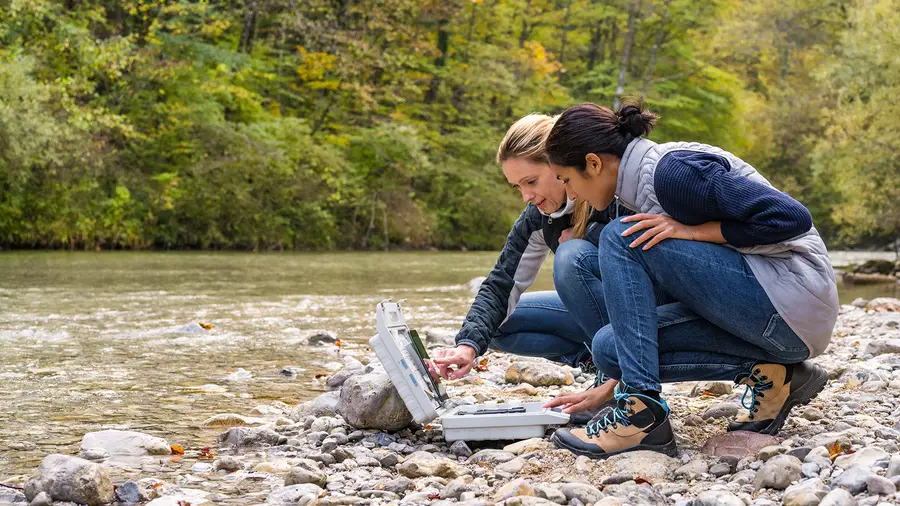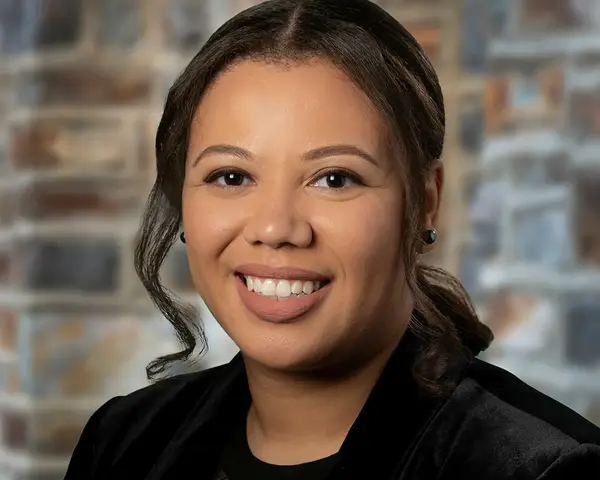
The COVID-19 pandemic caused global disruptions in all facets of life. Women, particularly women scientists, have faced significant personal and professional challenges since the pandemic’s rapid spread in early 2020. Although the White House recently announced that COVID-19 will no longer be classified as a national emergency on May 11, 2023, the past, present, and future impacts of the pandemic and other prominent events over the past three years will change societal and professional landscapes for women for years to come.
February 11th is the International Day of Women and Girls in Science, and I am reminded of my own experiences as a woman scientist in the pandemic era. At this time three years ago, I was less than one year out of graduate school and rumblings about the pandemic were strengthening, but no one could predict the extent to which our lives and careers were about to change. Soon after, I started a position as a health communication specialist at the Centers for Disease Control and Prevention working on the COVID-19 response before joining RTI International in March 2022. In a strange way, the pandemic kickstarted my postgraduate career in communication science. Unfortunately, however, the pandemic also resulted in professional setbacks for women across industries and exacerbated the gender inequities that women continue to face, particularly women of color.
While recent reports celebrate that women’s employment has recovered to pre-pandemic levels, there’s no denying the personal and professional burdens that many women faced throughout the pandemic and continue to face today. For women in science, particularly those working in the health care and public health fields, they may have felt the additional weight of processing and communicating scientific information to their friends and family members. Some women in the scientific community have taken this a step further: using their personal time to dispel misinformation and share important findings related to COVID-19 on social media—often in the face of harsh critics and commenters who doubt their intelligence and credibility. While many of us are passionate about sharing scientific findings, it can feel uncomfortable and disheartening when our efforts are questioned because of our gender.
Considering the broader societal impacts of COVID-19 on women scientists, it's not surprising that over the past few years, numerous friends and colleagues from across the scientific community shared a sentiment of feeling stuck.
So, in 2023, how can we move forward?
In her latest book, “The Light We Carry,” Michelle Obama shared, “When we are able to recognize our own light, we become empowered to use it. When we learn to foster what’s unique in the people around us, we become better able to build compassionate communities and make meaningful change.” With her advice in mind, we can make one small step forward by proudly and confidently identifying and sharing the skills, talents, and accomplishments we hold as women in science. This can be uncomfortable at times, especially as gender bias still exists both within and outside the scientific community.
That’s where the second piece of Michelle Obama’s advice comes in. As women in science, we must consistently and intentionally seek out opportunities to elevate other women, especially women from underrepresented communities. We may not all have the time (or social media skills) to promote scientific findings to large followings, but we can work together to build a strong community of women in science.
To that end, I asked my colleagues to share their thoughts on what it means to them to be a woman in science in 2023, and more importantly, what their hopes and goals are for the future of the scientific community. Similar to the former First Lady, they emphasized the need to recognize and use our skills, knowledge, and experiences to lift others up to build a strong community of women in science.

The contributions of women and people of color are often buried in history and not elevated where they should be…We need to make it a part of our daily practice to highlight the accomplishments and work of others. I encourage my colleagues in science…to mentor, sponsor, and otherwise lift up others. You have a unique set of life experiences and at least one piece of knowledge, advice, or support you can share with everyone you encounter, it’s just a matter of finding the people at the time they need to hear it. Don’t wait—seek out opportunities to help others forge their paths.

The pandemic exacerbated the struggles I’ve always had finding work-life harmony. I think there is added pressure for women in STEM careers to set aside non-work responsibilities, in part because we haven’t had the benefit of representation in the workplace. Now that I am a senior scientist, I have made a conscious effort to be vulnerable and honest about my struggles with others, particularly women earlier in their careers. Creating this space that allows for vulnerability has, in turn, deepened my connection to my colleagues and made me a better scientist.

As a woman in science, I have often been one of the few women in the room, but I do believe that the dynamic is changing. Especially at places like RTI where there are many more colleagues that are women that I collaborate with often. It’s incredibly inspiring to see. One of the most helpful things I have learned over the years is to build strong relationships with those around you as a network and for solidarity. The support that I have received from other women in science has always had a way of challenging that small voice in my head that tries to make me feel like I am not capable. Keep calm and remain confident in your skills.
As employees at RTI, we have opportunities to support our colleagues through formal channels, including mentorship programs, ERGs, and attending lectures hosted by women. But every day, we also have small yet meaningful opportunities to lift up the women we work with by acknowledging and amplifying their voices, intentionally building relationships, and celebrating their achievements. By recognizing the strengths in others, we can continue to build a strong and impactful community of women at RTI and in science more broadly in 2023.
While February 11th may be the official day to celebrate and honor women and girls in science, I hope the words from our colleagues (and Michelle Obama) inspire us all to celebrate how far we’ve come, recognize we have room to grow, and take daily action to elevate the women in science in our lives.
